Statistics and InformationHIV, Rape and Bereavement in Botswana
HIV: A National Crisis
Botswana has one of the highest rates of HIV infection in the world: over 35% of people are infected in a population of 1.75 million.
Although economically successful, Botswana has a high proportion of its population living in poverty.
Despite increasing urbanisation the majority of the population still lives in the rural areas and there is high mobility whereby individuals and their families move within or outside the country for work or to move between the cattle post, the village home and the town.
In 2005 there were 380,000 adults and children living with HIV. An estimated 120,000 children in Botswana have lost at least one parent to the epidemic and life expectancy at birth is now 40 years.
(Ref: WHO 2006 Report on the global AIDS epidemic)
Rape: The Unseen Picture
There are high levels of sexual violence in Botswana (and in Southern Africa as a whole) with teenage girls and younger women particularly at risk.
Girls and women who have been sexually assaulted are at increased risk of HIV infection through direct transmission and because of the long-term effects of sexual violence on risk-taking behaviour.
Contrary to conventional notions women are more likely to be raped by an intimate partner, spouse or someone they know than by a stranger. The abuse often continues over a relatively long period of time.
Because women are often the first to test for HIV through ante-natal services they are often blamed for bringing HIV into the family or community and this blame can easily turn to violence.(Ref: “Facing the Future Together” Report of the United Nations Secretary General’s Task Force on Women, Girls and HIV/AIDS in Southern Africa).
Bereavement & Stigma: Daily Devastating Effects
Multiple bereavement, through the high incidence and death rate from HIV and AIDS, is a devastating fact of life in Botswana. Most families have been affected by at least one death and this has economic as well as emotional consequences such as poverty, despair and anxiety.
Another consequence is that surviving adults, usually women, can be overburdened with the care of others while lacking financial or emotional support.
The overall picture in Botswana in general and in Maun in particular is one of a community in crisis composed of individuals dealing with the daily devastating effects of trauma from HIV diagnosis, living with HIV, the consequences of rape, the overburden of care for others and the social isolation from stigma that is often the result of HIV and rape.
Thursday, May 31, 2007
Statistics and Information - HIV, Rape and Bereavement in Botswana (From The Maun Homeopathy Project Website)
Labels: Homoeopathy in the NHS Early Day Motion
Botswana,
HIV,
Information,
National Crisis,
Rape,
Statistics,
WHO
Subscribe to:
Post Comments (Atom)






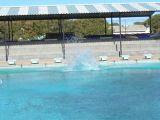




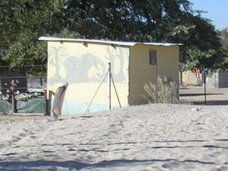





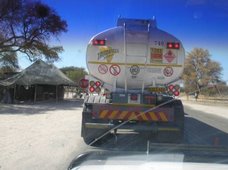
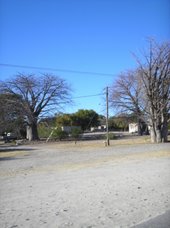

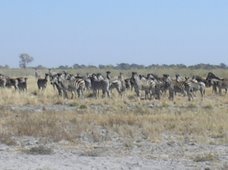
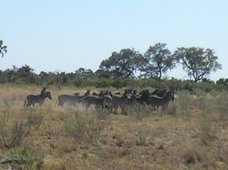

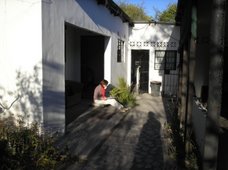
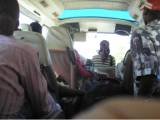

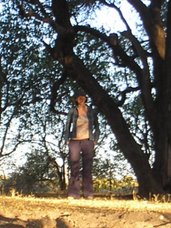
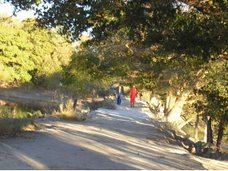
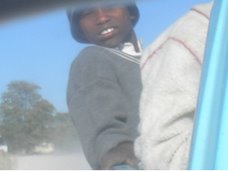
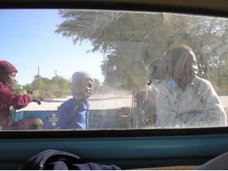
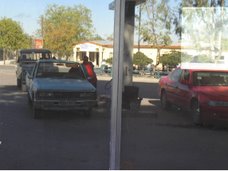
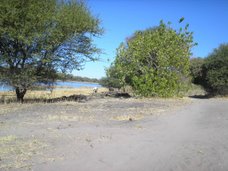

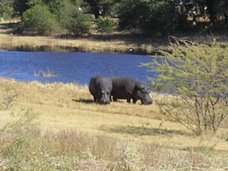
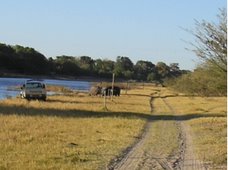







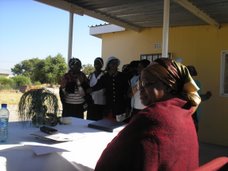
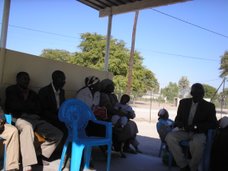
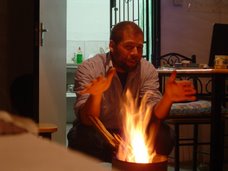
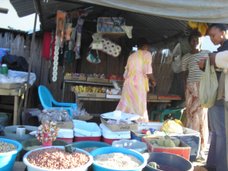
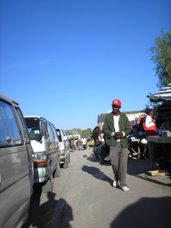
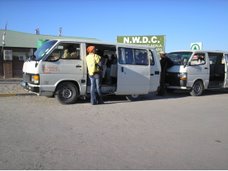
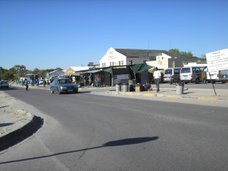

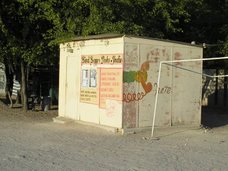

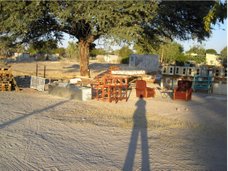
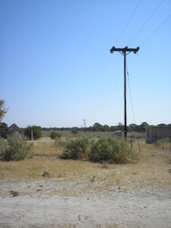
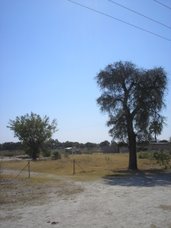
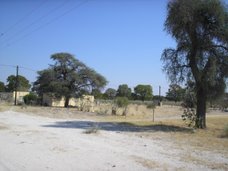
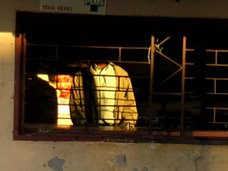
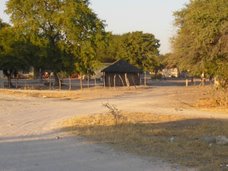

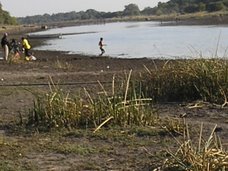
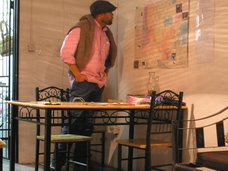
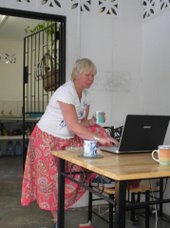
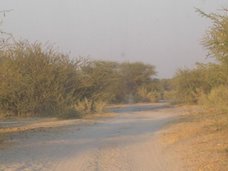
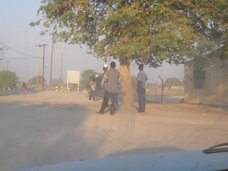
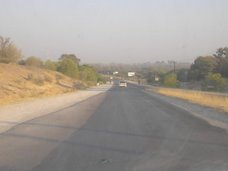
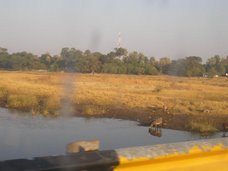
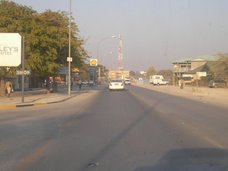
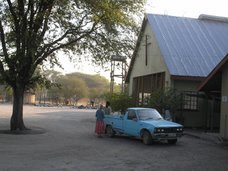
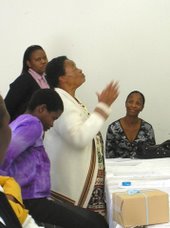
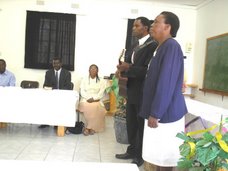







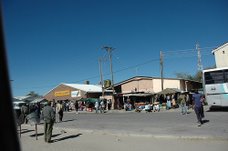
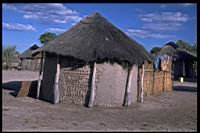
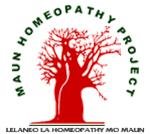
No comments:
Post a Comment